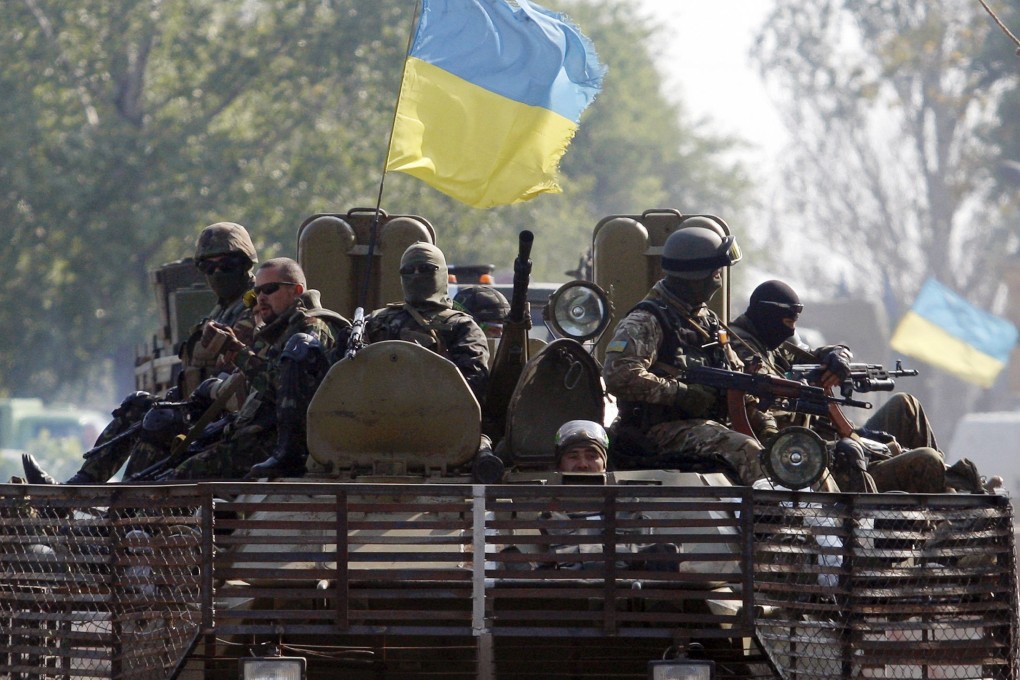Ukraine crisis a reminder to West that biggest threat is from Russia, not China
G. Bin Zhao says triangular global order, including China, creates stability

American political risk expert Ian Bremmer recently wrote that the US and Europe had been evasive on the Russian aggression in Ukraine. Although Nato recently held a summit to address the emergency, support for Ukraine was far too little to counter the Russian action, leaving many questions unanswered.
For example, how will the military conflict develop? What are Russia's goals? How should China respond?
Relations between Ukraine and Russia go back thousands of years. Ukraine became independent from the former Soviet Union only in 1991, and historically its eastern areas have been more intimate with Russia. Its national destiny has always been under Russia's shadow.
The current military conflict is more complex than a fight between pro-Russian and pro-European factions. Following the annexation of Crimea by Russia, several of Ukraine's eastern regions have indicated their intention to follow suit.
Militarily, with Russia's intervention, it is not an equal fight. But direct military intervention by Nato is unlikely. The worst outcome, and maybe the most probable one, is that the regions of Donetsk and Luhansk will join Russia. Meanwhile, Ukraine continues its pro-European policies, possibly even joining Nato and the euro zone down the line.
Russia undoubtedly considers Ukraine's pro-European policies a "betrayal of brothers". We should also remember that Putin's dream is to revive the Russian bear. The EU and Nato's eastward expansion in recent years has eroded Russia's influence in the region and Moscow cannot be expected to abandon its core areas of traditional domination.
If Russia manages to absorb several eastern areas of Ukraine into its territory, Putin may see this as a satisfactory trade-off. If the situation worsens, Nato boots on the ground could lead to an expansion of the war, which Nato fears most.
